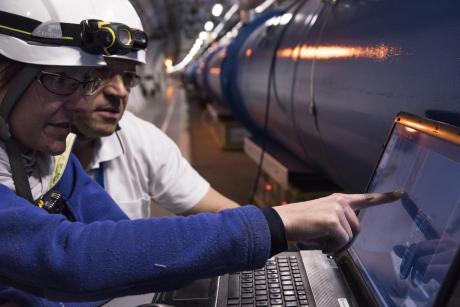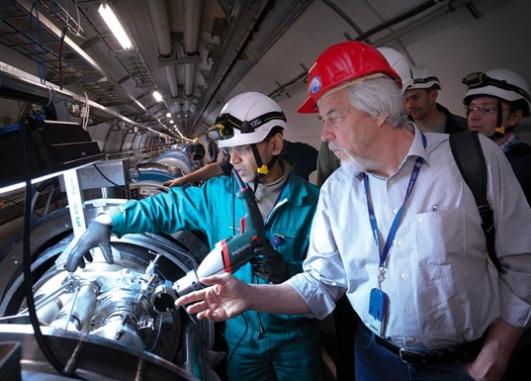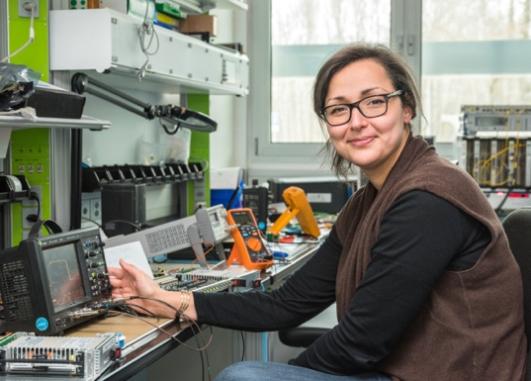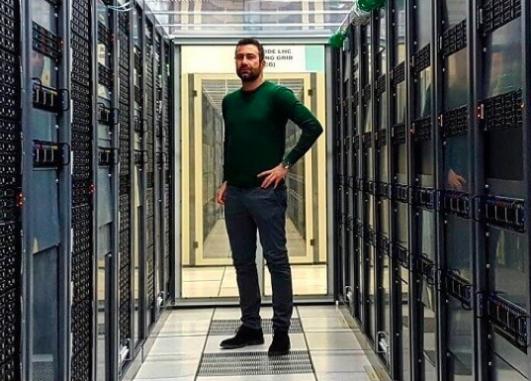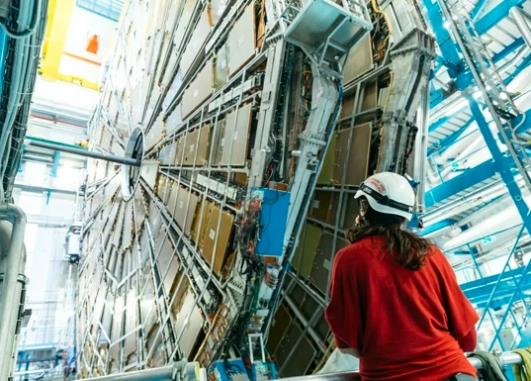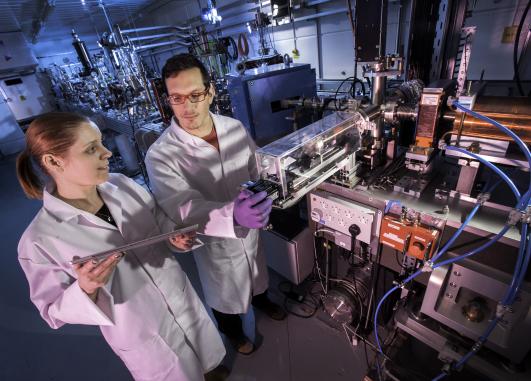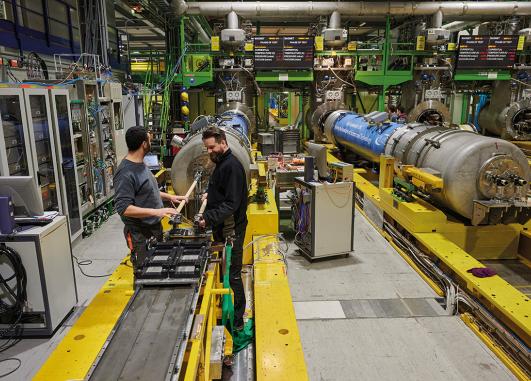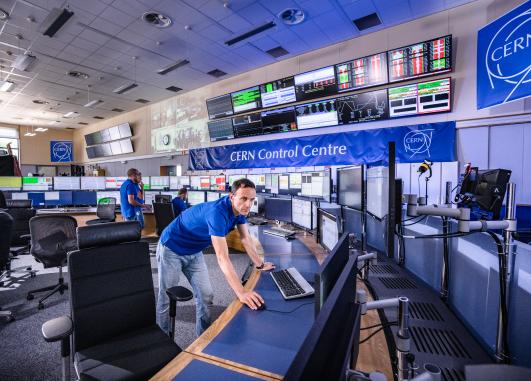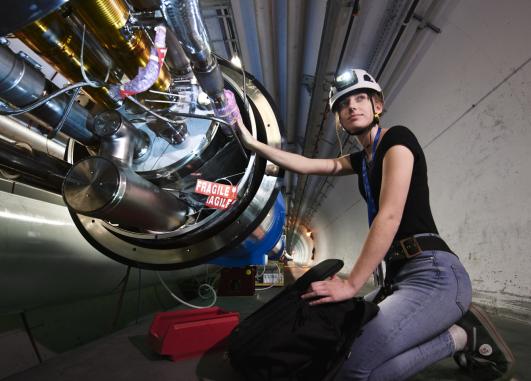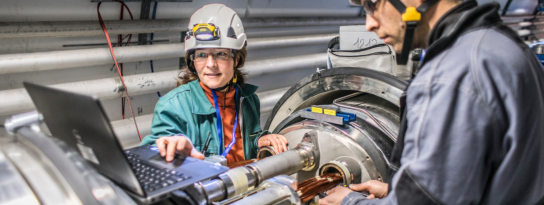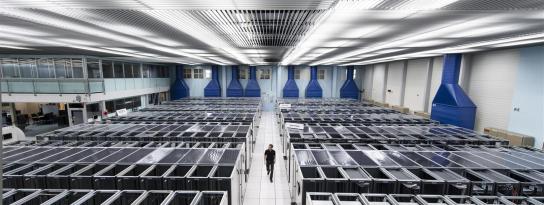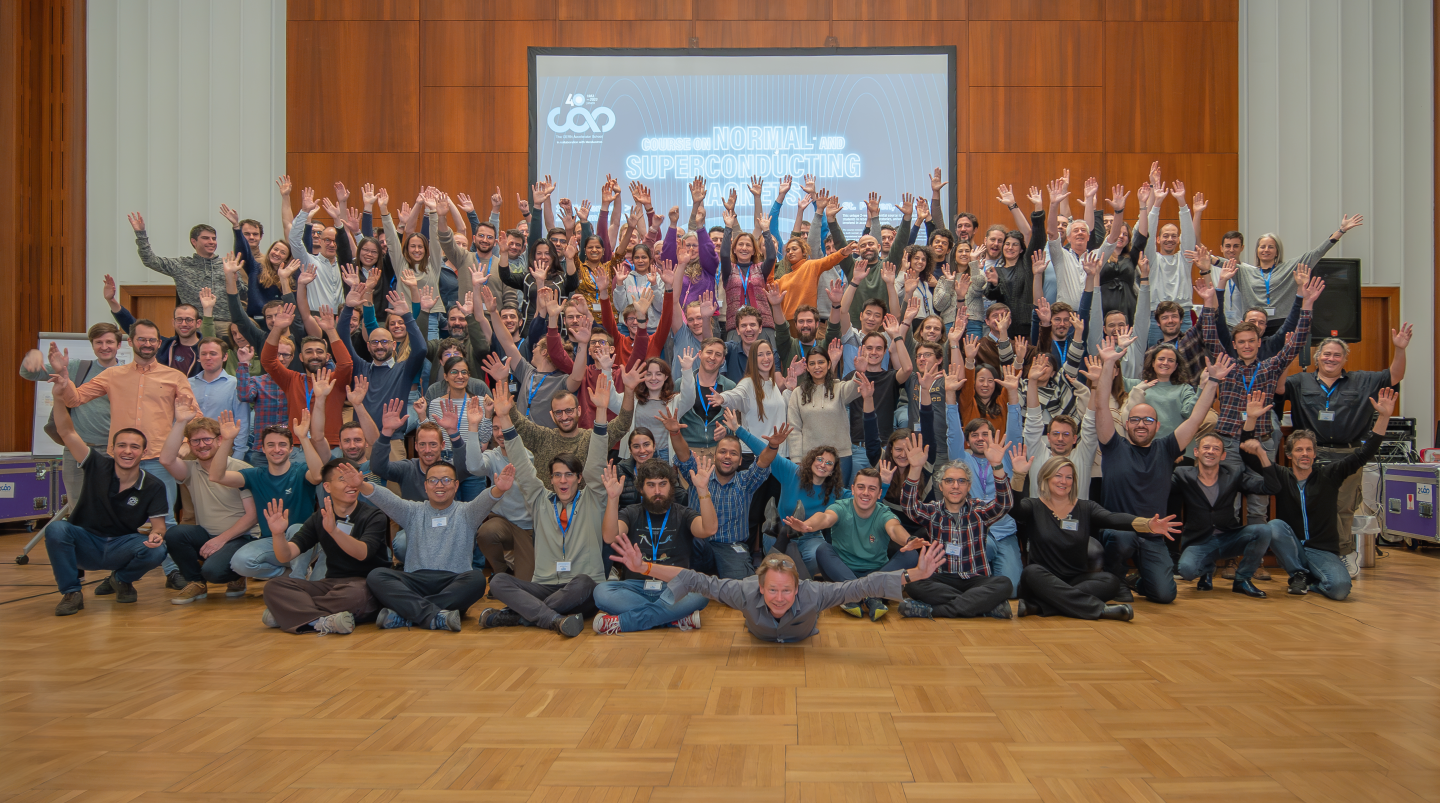
• The CERN ATS sector is involved in a number of education and outreach activities aiming at maximising knowledge transfer of the sector technology expertise to public domain. Some examples of these are:
• CERN Accelerator School (CAS), has been a cornerstone of education and training in accelerator science and technology since its establishment at CERN, in 1983. As a unique educational platform, CAS provides specialised training to physicists, engineers, and technicians worldwide, equipping them with the skills and knowledge needed to advance particle accelerator technologies.
CAS offers a wide range of courses, covering everything from the basics of accelerator physics to cutting-edge developments in the field. CAS courses are offered in various CERN member states, fostering international collaboration, knowledge sharing, and reaching a diverse global audience. This initiative also helps build a robust community of accelerator scientists.
Whether you’re just starting or are an experienced professional, the CERN Accelerator School offers a pathway to deepen your expertise and contribute to the future of accelerator science.
• Joint Universities Accelerator School (JUAS), where the ATS sector collaborates with other partner institutions to organise the JUAS, which provides training programs on accelerator technology for graduate students and young researchers. The program consists of lectures and hands-on training sessions on various aspects of accelerator technology, including beam dynamics, RF systems, and magnet design.
• South Africa – CERN program where where ATS in collaboration with iThemba Laboratory for Accelerator-Based Sciences (iThemba LABS) gives scientists and research students in South Africa access to the data obtained at CERN and allows them to take part in the running of experiments in Geneva. The outcomes are world class research, participation in global science, high level capacity development, innovation and technology transfer leading to competitive industry and infrastructure, the attraction of high quality young South Africans into the Science and Technology system and the development of the public understanding of science. organise training programs for students and researchers on various aspects of accelerator technology, including the design and operation of accelerators and associated instrumentation.
• International Particle Accelerator Conference (IPAC) student programmes in conjunction with the annual IPAC conference, which brings together researchers and engineers from around the world to share the latest advances in accelerator technology. The student programmes provide participants with lectures and hands-on training sessions on various aspects of accelerator technology, as well as the opportunity to present their research to the broader community.
• Science festivals and exhibitions around the world, e.g. the Big Science Business Forum and the EuroScience Open Forum, where the ATS sector is showcasing the latest advances in accelerator technology and promoting interest in the field among the general public.


